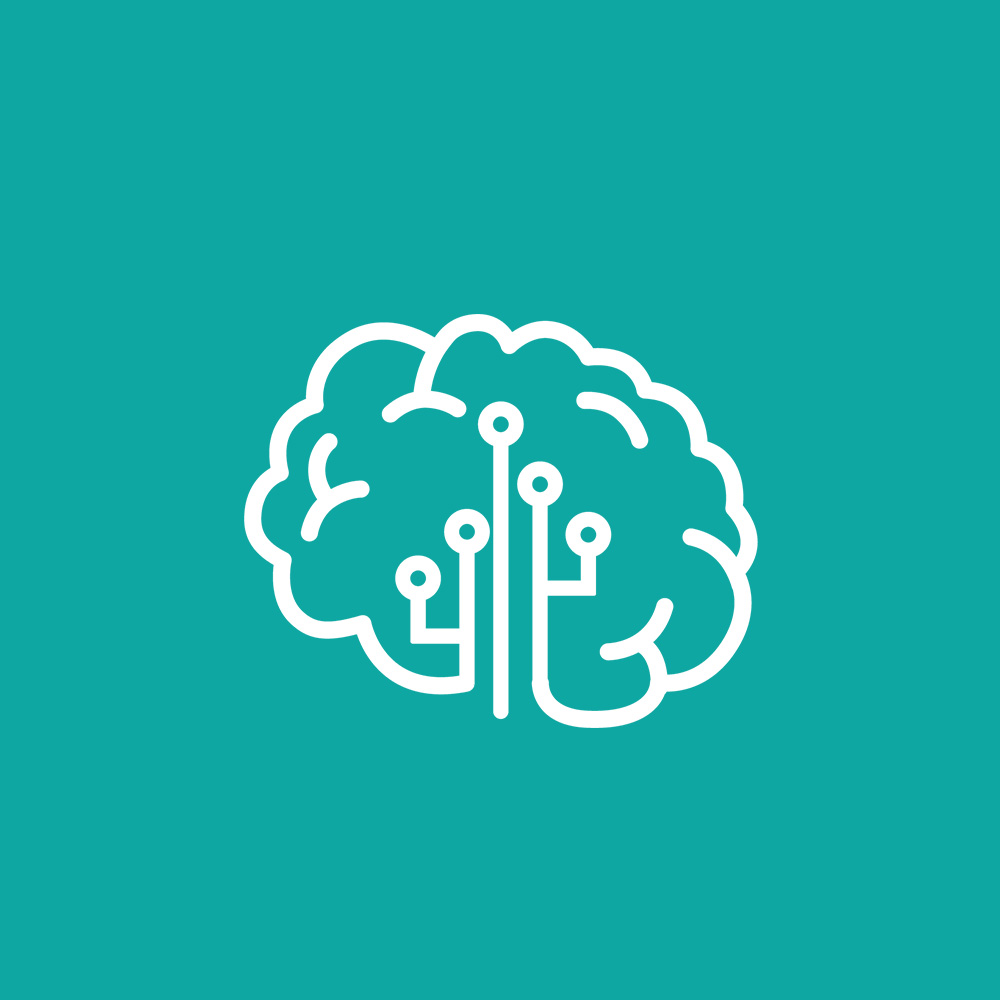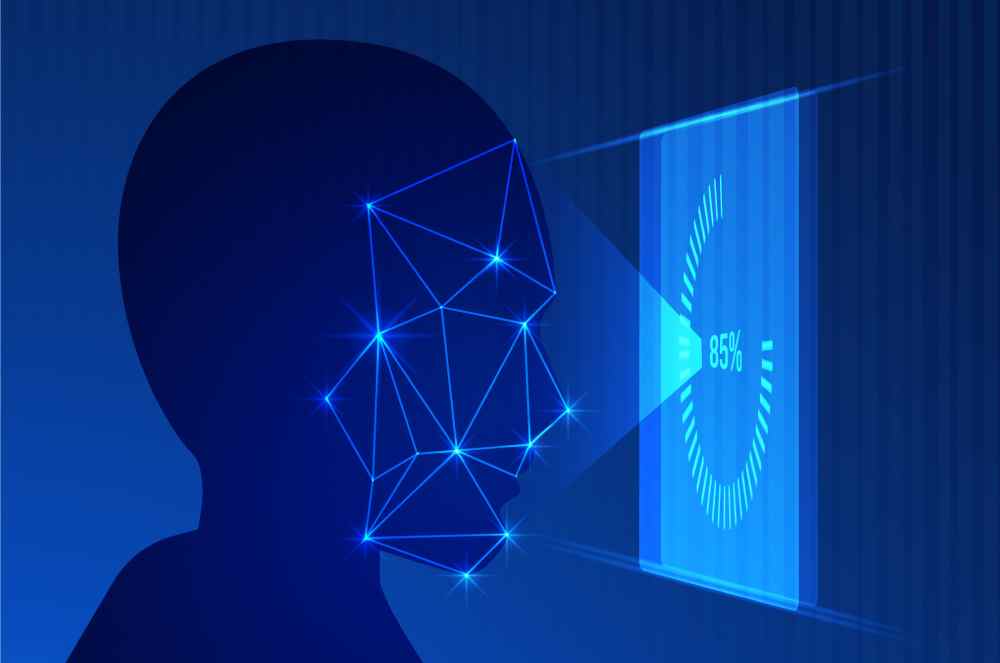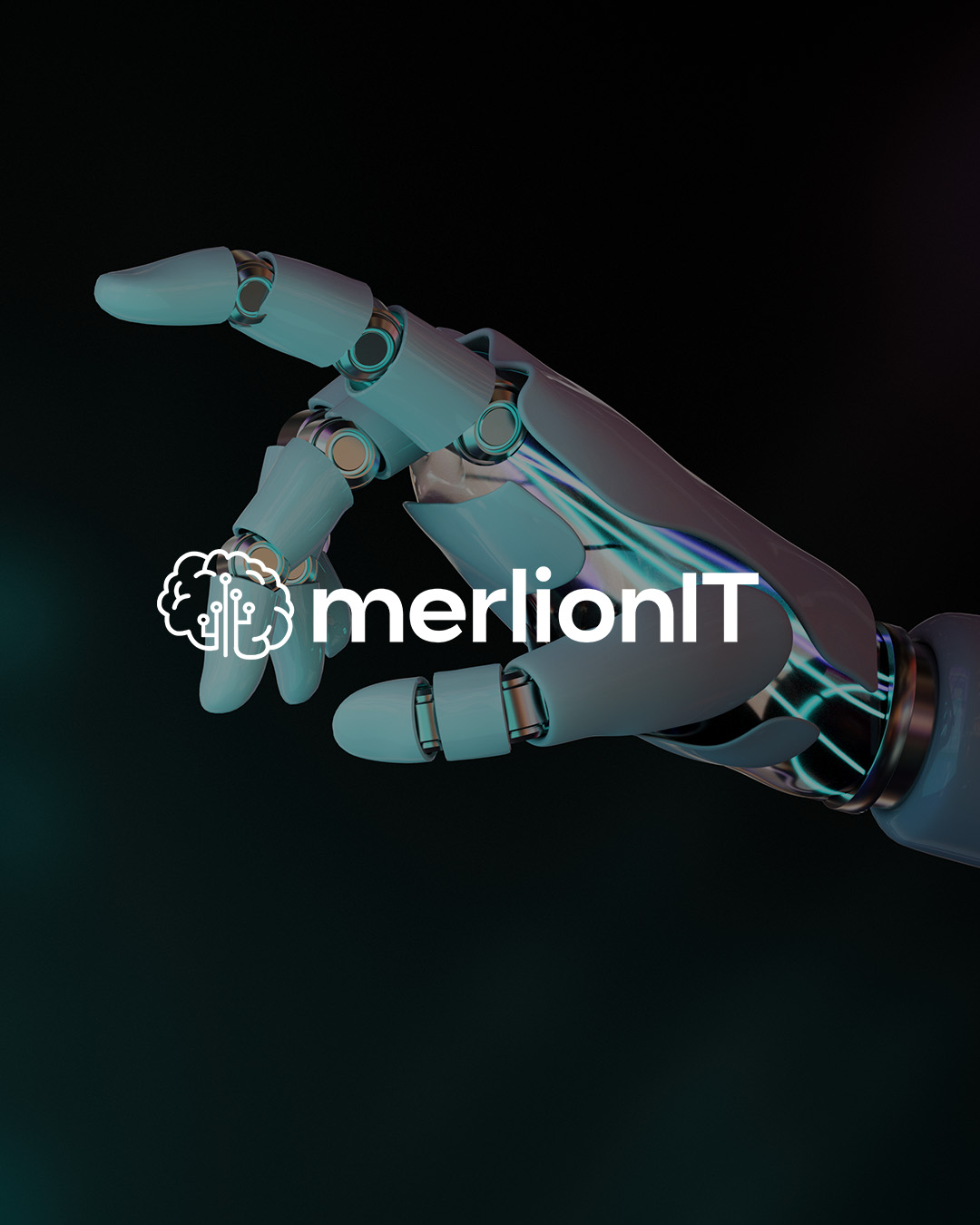AI could surpass human intelligence in 6 years, expert predicts

According to the Britannica Encyclopedia, "Technological Singularity" is a term that describes a hypothetical future moment when technological progress reaches a point of exponential acceleration. In this scenario, machines and AI (artificial intelligence) systems could surpass human understanding.
Although it is difficult to quantify this evolution, the Italian translation company translated developed the TTE (Time to Edit), a metric designed to help define the speed towards singularity by comparing AI’s abilities to human abilities. The tool measures the time it takes professional editors to correct translations generated by both AI and humans.
This is because language is one of AI's greatest challenges, being more natural for humans. In other words, mastering it would demonstrate signs of AGI (Artificial General Intelligence), according to CEO Marco Trombetti—although researchers have different ideas about what AGI is and what makes a machine intelligent. It’s important to note that experts believe generative AI could be on the brink of collapse.
However, at a conference in Orlando, Florida, in 2022, Trombetti stated, "Machines aren’t that far from closing the gap." Based on AI’s performance from 2014 to 2022, the tool showed significant improvement, gradually approaching human translation. While a human takes an average of 1 second per word, AI reduced its time from 3.5 to 2 seconds. Therefore, by the end of the decade, it could surpass human abilities.
How Early Authors Defined "Technological Singularity"
The term was popularized by Vernor Vinge, author of the essay “The Technological Singularity” (1993). The text discusses the idea of an imminent point when the rapid advance of technology will lead to drastic and uncertain changes in society.
Ray Kurzweil also contributed to the concept. He predicted a superhuman AI that would lead this path, with groundbreaking ideas, medical advances, and more sophisticated tools. Furthermore, he explored the possibility of "cyber-immortality," where digital records of human thoughts would persist after death.
Thirty years ago, he claimed that by 2023, humans would have the technological means to create this new AI. "Soon after, the human era will come to an end." According to the author, by 2045, the biggest technological turning point in history will occur, completely redefining society.
Source: GizModo
Start a digital transformation with your company and explore new possibilities using artificial intelligence without needing to be a programmer. Contact us.



















